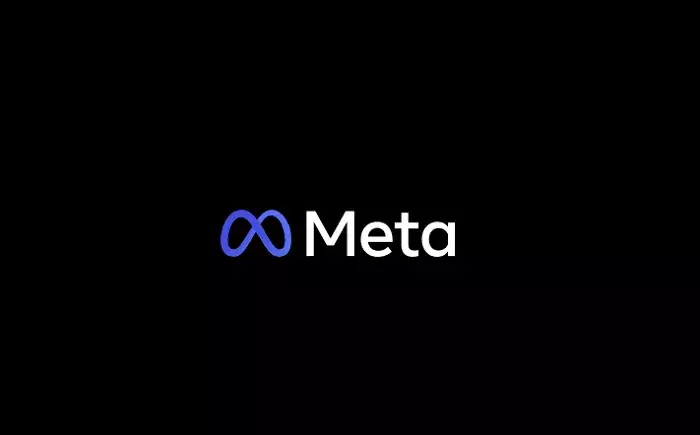The recent lawsuit involving Meta and a company accused of data scraping has brought attention to the murky legal landscape surrounding the practice. While the company in question was not technically stealing data but rather logging publicly accessible information from user profiles, the lack of clear regulations on this matter raises concerns about the privacy of individuals. The judge’s ruling in favor of the data scraping company highlights the need for a more defined legal precedent in cases like these.
The case between LinkedIn and hiQ Labs further exemplifies the conflicting interpretations of data scraping laws. Despite hiQ Labs initially winning some legal battles, LinkedIn’s persistence ultimately led to a ruling in their favor, forcing hiQ Labs out of business. This back-and-forth legal battle underscores the uncertainties surrounding the legal implications of data scraping and the use of personal information from social media platforms.
The rise of social media platforms has created a new paradigm where personal information is readily shared online. However, existing laws do not adequately address the potential misuse of this information, leading platforms to adopt stricter privacy measures. While these measures aim to protect user data, they also limit the discoverability of content and may hinder user acquisition efforts. Platforms like X have already restricted non-logged-in access to content in response to these concerns, reflecting a broader trend among social apps.
Generative AI tools pose a significant challenge to data scraping regulations, as they can automate the extraction of data on a large scale. This trend further underscores the need for clearer legal guidelines on data scraping practices in social media settings. Without established rules, platforms may struggle to prevent unauthorized access to user data and may face increased risks of misuse by third parties.
Meta’s ongoing legal battles against companies engaged in data scraping highlight the ongoing struggle to establish clear guidelines for data use and consent. While future rulings may provide additional clarity on this issue, there remains a lack of concrete rules governing data scraping in social media. The potential consequences of losing data scraping cases could further complicate the legal landscape, making it easier for third parties to access and exploit personal data without explicit consent.
The legal ambiguity surrounding data scraping in social media poses significant challenges for both platforms and users. The lack of clear guidelines on what constitutes legal data use raises concerns about privacy and data protection. As social media platforms continue to evolve and adapt to new technologies, the need for more defined regulations on data scraping practices becomes increasingly apparent. Only through clear legal frameworks and stringent enforcement can the privacy and security of user data be effectively safeguarded in the digital age.


Leave a Reply